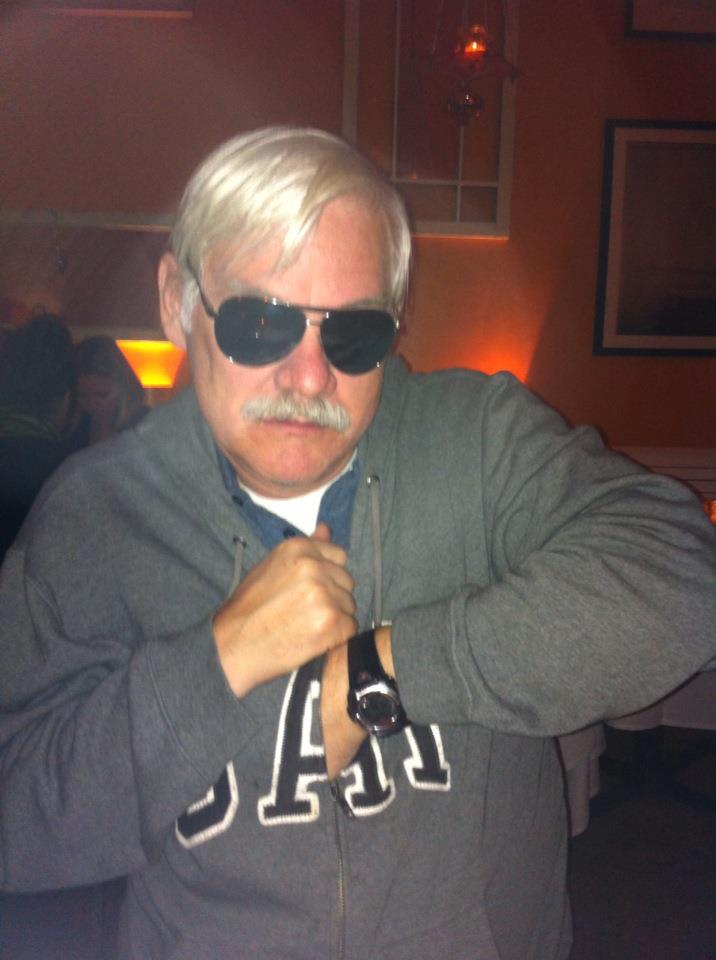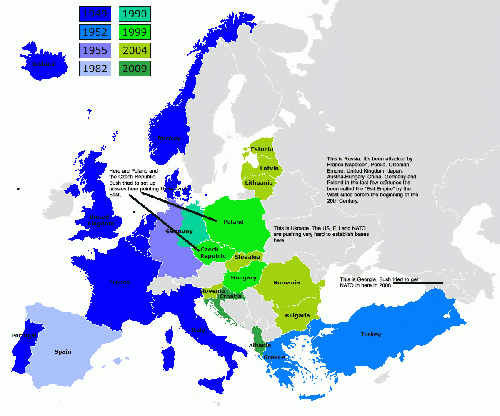Recent developments in Eastern Europe have brought the world to the brink of a major crisis, one that has the potential to destabilize countries around the world. Let's be clear, however, about the origin and the importance of these events.
The beginning did not occur in Crimea, nor in the coup d'etat in Ukraine, which saw the ouster of democratically elected Ukrainian President Viktor Yanukovych at the end of February of 2014. The start of this conundrum goes back to November 21, 2013, when Ukrainian Prime Minister Mykola Azarov stated that the conditions that finally blocked the Ukraine-European Union Association Agreement signing deal were proposals by the International Monetary Fund in the form of a loan that would require big budget cuts and a 40% increase in gas bills, disproportionately impacting poor people across the country.
At the same time, a projected major drop in trade with the other CIS countries (Russia, Armenia, Azerbaijan, Belarus, Kazakhstan, Kyrgyzstan, Moldova, Turkmenistan, Tajikistan, and Uzbekistan) was obviously going to leave the Ukrainian economy in even worse condition. The Ukrainian government wanted to bring all the major parties together to discuss this before signing. According to David M. Herszenhorn of the New York Times, "At virtually the same time [of the announcement by the Prime Minister], President Viktor F. Yanukovich, who was on a visit to Vienna, issued a statement saying, "Ukraine has been and will continue to pursue the path to European integration .'"
Let's also remember that the protests, called "Euromaidan" (or Eurosquare in English) by those who started them in that square, began just hours after Prime Minister Azarov made his pronouncement. In other words, thousands of the opposition were waiting for just such a statement to be made so that they could begin their active and violent protests. These were definitely not people who just started discussing the issue after that day's events.
Today, we have a growing international crisis that risks to escalate tensions between major world players. Military conflict between these powers is one outcome that would easily result from hotheaded and stupid decisions by either the far right in the US and/or Europe or the ultranationalists in Russia. Fox News is actively pushing for war, a result that could definitely end human life as we know it.
A LITTLE HISTORY
To understand what it is to be called "Ukrainian," we need a quick refresher course.
"Your tongue will take you to Kiev" was a proverb started in the 10th century at the height of Kiev's (the current capital of Ukraine) regional dominance, when the territory was known as Kiev Rus. It lasted for about 300 years and eventually became Belarus, Ukraine and, yes, even Russia.
It became known as Cossack Hetmanate in the 17thcentury. According to Wikipedia, "The founder of the state, Bohdan Khmelnytsky, declared himself as the ruler of the Rus' state to the Polish representative Adam Kysil in February 1649. He also called the Hetmanate as [a] Russian state in his letter to the Tsar on February 17, 1654" The Hetmanate used Polish currency, and Polish as an administrative language and a language of command." Over the next few centuries, this region would become a smorgasbord of different names, different sizes and borders, and different allegiances.
When Russia left WWI to eventually become the Soviet Union, it didn't stop fighting. Poland decided that the internal affairs of its neighbor were the perfect opportunity to start its own land grab. By the time the Treaty of Riga was signed between the two nations on March 18, 1921, Poland owned the western part of what now is Ukraine and the Soviet Union owned the eastern part along with Crimea.
It was only with the Declaration of the Creation of the USSR on December 22, 1922, that the actual region known as Ukraine was born. In 1939, thanks to Hitler and Stalin's pact, the western part of Ukraine was taken away from Poland. In 1954, Khrushchev added Crimea to the republic. With the fall of the Soviet Union in the early 90s, Ukraine finally became its own country.
UKRAINE'S IMPORTANCE TODAY
At the beginning of the Cold War, the US and Western Europe created NATO as a military first-strike capability against any possible Soviet attack even though no Soviet attack was ever planned or executed. As a counter measure, a year later the Soviet Union and its friendly countries started the Warsaw Pact. This military standoff would define much of the Cold War for the next four decades.
The 1990s would change everything. Goodbye Soviet Union and Warsaw Pact. Hello over two dozen new nations. Now, the fear that Russia felt at the beginning of the 20th century would return. It was once again directly exposed to Western European nations and their inherent expansive desires. What's worse, they now had a military wing that dwarfed whatever Austria-Hungary or Germany ever possessed. Even Napoleon's army, which steamed into Moscow in the 19th century, had nothing on this new super force called NATO. Adding the world's only superpower, the US, only tipped the scales even farther away from Russia.
Since the fall of the Soviet Union, NATO's original raison d'etre has ceased to exist. The nonexistent Soviet threat from post-WWII has become non sequitur. Nevertheless, NATO not only continues to exist, it continues to expand, but only in the direction of Russia.
(Note: You can view every article as one long page if you sign up as an Advocate Member, or higher).






